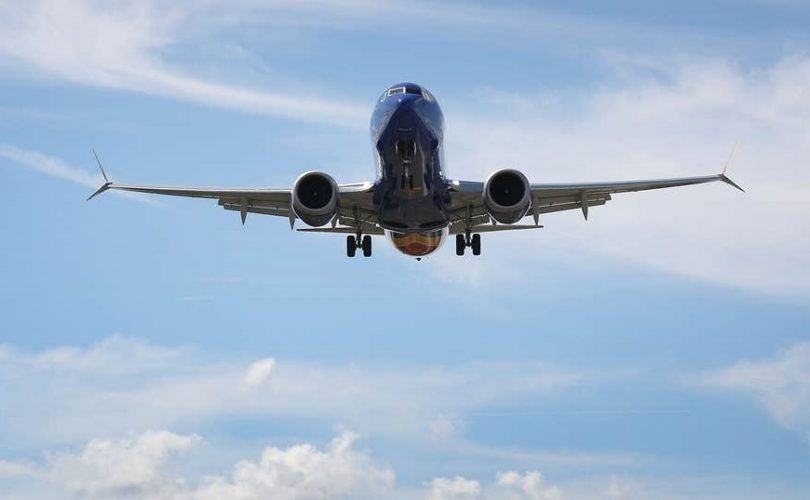Airline industry tracking data has provided further tentative evidence that the global passenger jet fleet may have passed the nadir of scheduled flight activity in recent days.
Wednesday 29th April marked the second consecutive day of increases in active aircraft, cycles and flight hours using the ‘seventh day prior’ metric (i.e. by comparison with the same day the week before).
Tracked flight cycles for passenger jet aircraft globally increased by approximately 7% for Wednesday 29th April, following another increase of approximately 4% for Tuesday 28th April.
However overall flight cycles remained dramatically down by nearly 83%, compared with a year ago.
The Asia-Pacific region – driven predominantly by Chinese operators – saw roughly 1,000 net additional flight cycles by commercial widebody, single-aisle and regional aircraft on Wednesday, compared with the same day a week earlier, while the active aircraft count was up by approximately 140.
Europe also recorded a slight increase in flights compared with a week before, but from a far lower base (tracked flight cycles were down 95% compared with the equivalent day last year).
Industry researchers have meanwhile returned 70 passenger jets to ‘in service’ status since yesterday’s (30th April) update. The proportion of widebody, single-aisle and regional aircraft in storage globally remains at approximately 62%.
There has been in a net increase in the in-service fleet of over 600 aircraft over the past four days. An aircraft is considered to have returned to service following observed flight activity on at least three of the preceding seven days, or five of the preceding 14.
#rebuildingtravel























